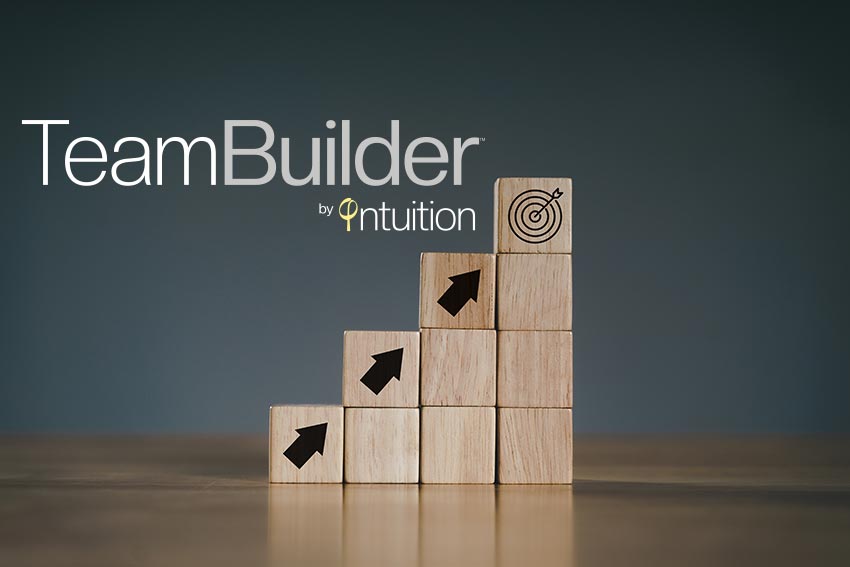It’s hard to escape stress. It’s literally everywhere. There’s stress from your job, from your relationships, from—you know—being in the middle of a global pandemic. Whatever the case may be, it’s easy to let it get the best of you.
In Intuition’s recent virtual webinar about the power of mindfulness, Kristianna George, an Atlanta-based health and wellness coach, shared that feeling stressed 24/7 is common. But while some stress can be healthy, you’ve probably felt the effects of the unhealthy kind on numerous occasions. “Unhealthy stress occurs when the pressure exceeds our perceived ability to cope. It’s when we feel that what is happening now is too much for what we think we can handle,” she says.
When you don’t manage that stress, problems start to arise—particularly due to having too much cortisol in the body. Those problems can range from physical issues like headaches, tension in the body, chest pain, and an elevated blood pressure, to higher levels of anxiety, depression, and panic attacks.
The key is making sure your stress doesn’t weigh you down, and George has a five-step process she likes to use to prevent that from happening. Whatever is causing you stress right now, these five steps will help you cope and restore your peace.
The 5 Rs to Coping with Stress
1. Recognize
The first step in coping with stress is recognizing it. “Ask yourself: What’s stressful? What’s the trigger? What’s the source? Then, write those things down in a journal,” George says.
2. Receive
Now, George says it’s time to receive the stress and accept it as a stressful experience. “There’s a shift that needs to happen from ‘I’m stressed’ to ‘This is causing stress in my life,’ or ‘This is a stressful experience,'” she says. “That helps you detach so you’re not identifying with the stress. You’re seeing it from an outside perspective.”
3. Release
George says this is the most important step of all: You evaluate whether the stress is worth what it’s doing to your body and mind. “Is it serving you right now? If it’s not, let it go. And if it’s a stressful situation that needs your time and attention, what’s it trying to teach you?” she says. “I would encourage you to evaluate what’s causing you stress and imagine releasing it from your body. Something you can say that really helps make this happen is ‘I forgive myself for forgetting I’m doing the best I can.'”
4. Reframe and Respond
When you release the stress from your body and, as George says, forgive yourself for forgetting you’re doing the best you can, certain emotions come about. Particularly peace, understanding, gentleness, and self-compassion.
“When you’re in that emotional state, new thoughts can be formed, which opens up your inner resources,” she says. “You can then have a new thought that leads to an action, which will be a healthy response based on the new thought. As a result, you’ll hopefully get what you need.”
5. Renew
Once you go through this process, you’re left with the final step: renew. “There’s a cleansing, there’s a letting go. It’s an opportunity to grow. You can see it as a lesson, something you can use for future situations,” George says. “We’re no strangers to experiencing stress. Any stressful moment is an opportunity for you to say ‘What can I learn about myself,’ ‘how can I grow,’ and ‘what is this trying to say in this season of my life.'”









